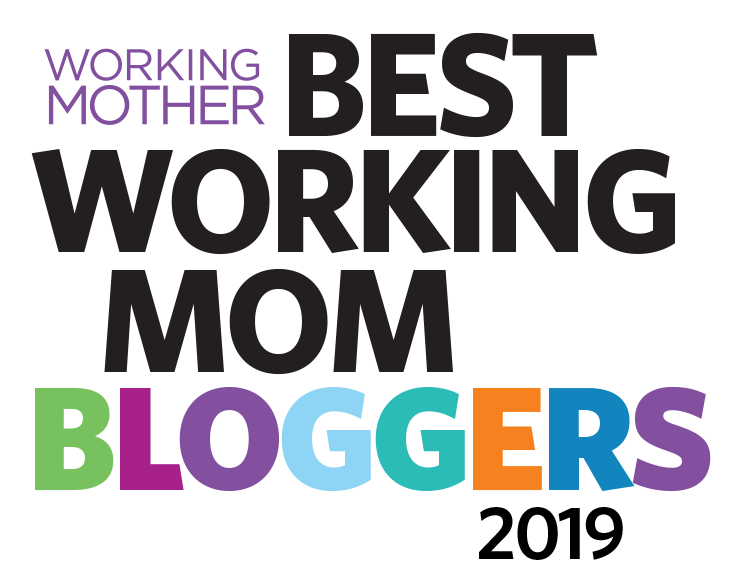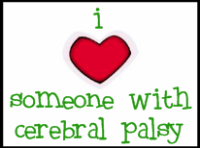6 days ago
Tuesday, January 30, 2018
What were your biases about people with disabilities before you had a child with disabilities?
A father and son are driving down a highway. Suddenly, they get into a horrible collision and the father is killed. The son is rushed to the hospital. The surgeon looks down at the boy on the table and says, "I can't operate, this is my son!" How is that possible?
If you've heard this one before, you may know the answer. It came up in a discussion the other day at our temple about bias and prejudice in the United States. People with disabilities (PWD) were not a focus of the discussion, but as we sat there talking about Charlottesville and the time when swastikas were found in a local school's bathroom, I found myself thinking about Max, and the biases I had about PWD before I had him.
The only person I knew with disabilities growing up was a boy who'd visit the summer resort our family went to every year. He had intellectual disability, and kids used to chant the r-word at him. I remember thinking that he seemed so different from the rest of us. Other than him, my only other exposure to PWD was in public places, like the park or the mall. My parents never brought up people with disabilities. I only ever felt sorry for those in wheelchairs or who had Down syndrome. As I got older, I felt badly for the parents. It seemed tragic to have a child with disabilities.
Then I had a child with disabilities. And suddenly, we were the parents and child getting pity-filled stares. And I had to wrestle with my own biases about disability, and the reality of having a child with multiple ones.
And now, I know.
I know that you can have a disability and have a good, happy, satisfying life.
I know that having a disability is only one part of who a person is, not the whole.
I know that you can have a disability and plenty of abilities, like any other variety of human being.
I know that some of the biggest limitations people with disability come up against are society's attitudes toward them. Over the years, Max has been turned away from children's programs and camps by those who felt they were not equipped to handle a child with cerebral palsy. Our congregation back then did not have programming for kids with disabilities and worse, they weren't particularly amenable to instituting it. All of this has been frustrating, maddening and painful at times.
I know that having a disability means that you do not sit around feeling sorry for yourself, even if others feel sorry for you.
I know that having a child with disabilities is not a tragedy. Max is my awesome child, complete with his charms and challenges—same as my other children with their own particular charms and challenges. He is no less admired or adored because he has disabilities.
Because of Max, I know all of this. And I'm still learning about disabilities, all the time. But it doesn't require having a family member with disabilities—just an open mind, and an understanding that PWD are not one size fit all. If you've met one person with cerebral palsy, you've met one person with cerebral palsy. If you've met one person with autism, you've met one person with autism. And so on.
As to that riddle about the boy on the operating table, here's the standard answer: The surgeon who said "I can't operate, this is my son!" was his mother. When people can't figure out the answer, it's because of inherent biases we have about surgeons being male.
But that day, in our discussion group, the leader had another answer: The surgeon was his other father. And with that, most of us in the room were thinking of our biases about parents.
At times, I am acutely aware of that person I used to be who did not know anything about people with disabilities, let alone PWD. I can't change that, but I can air the biases I once had in the hopes of opening discussions and spreading the good word about about my boy Max and others with disabilities.
Whether on social media or in real life, we can all encourage awareness, acceptance and inclusion, along with a better understanding of what it means to have autism, Down syndrome, cerebral palsy and all the disabilities. Person by person, we can battle biases and change perceptions about people with disability—just as our amazing children do.
Subscribe to:
Post Comments (Atom)











Talking about this sort of things is good. It's when we don't talk about our biases and diversity that there are more problems.
ReplyDeleteThis is a great way to raise and discuss the topic. Thank you for doing it!
ReplyDeleteI loved this post. I've felt in the last four years that I've really had to be a pioneer in getting a lot of things implemented for my daughter, and I think that each of us parents who have a child with a disability are pioneers in our own right, with teaching others just how capable and awesome our kids really are.
ReplyDeletePaige
http://thehappyflammily.com
Great post, thank you for writing! Put into words a lot of things I've felt now that I'm a mother to a child with special needs. I often liken it to being really awake for the first time, to the struggles and accomplishments in the world around me that I never thought about before but am now living.
ReplyDelete